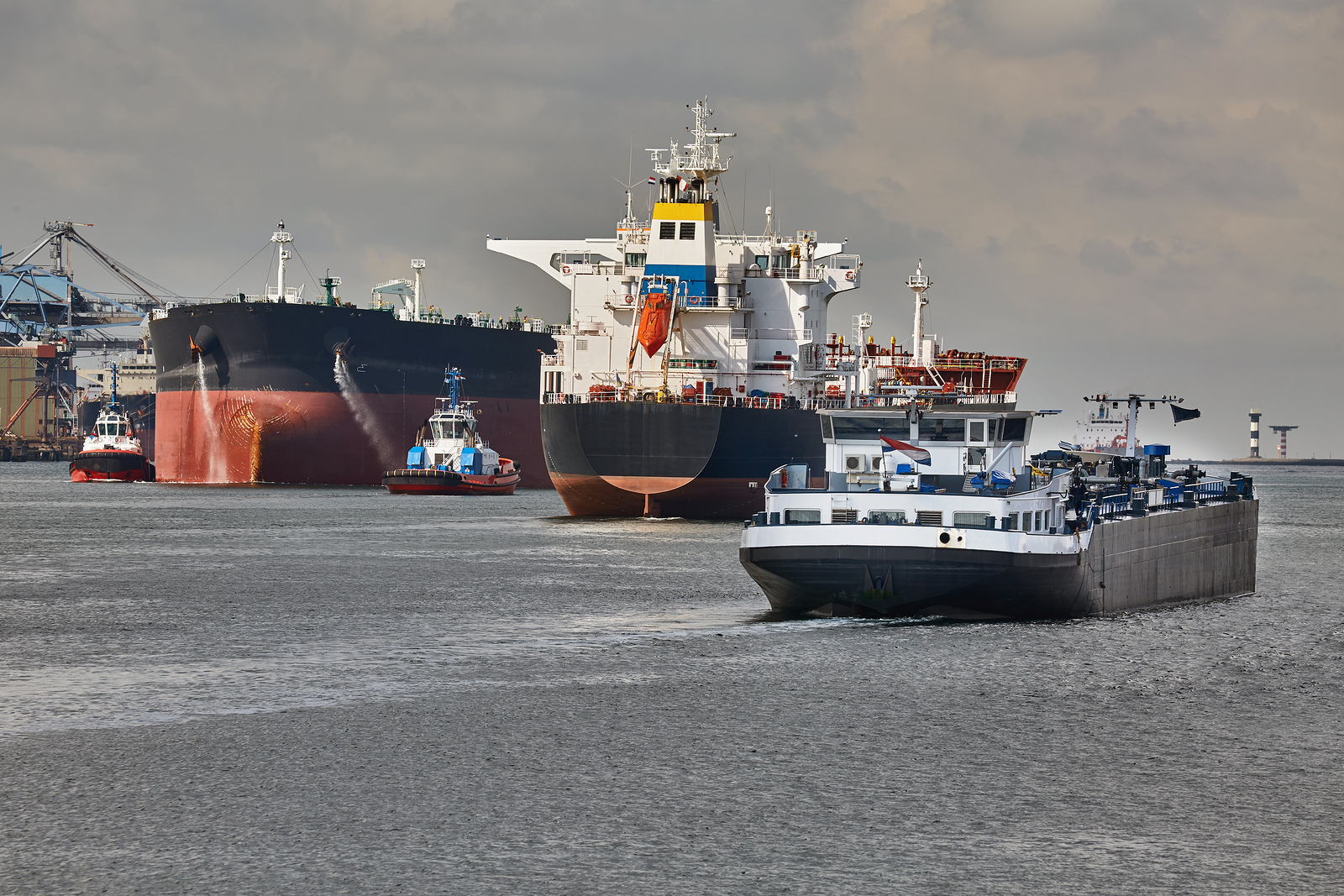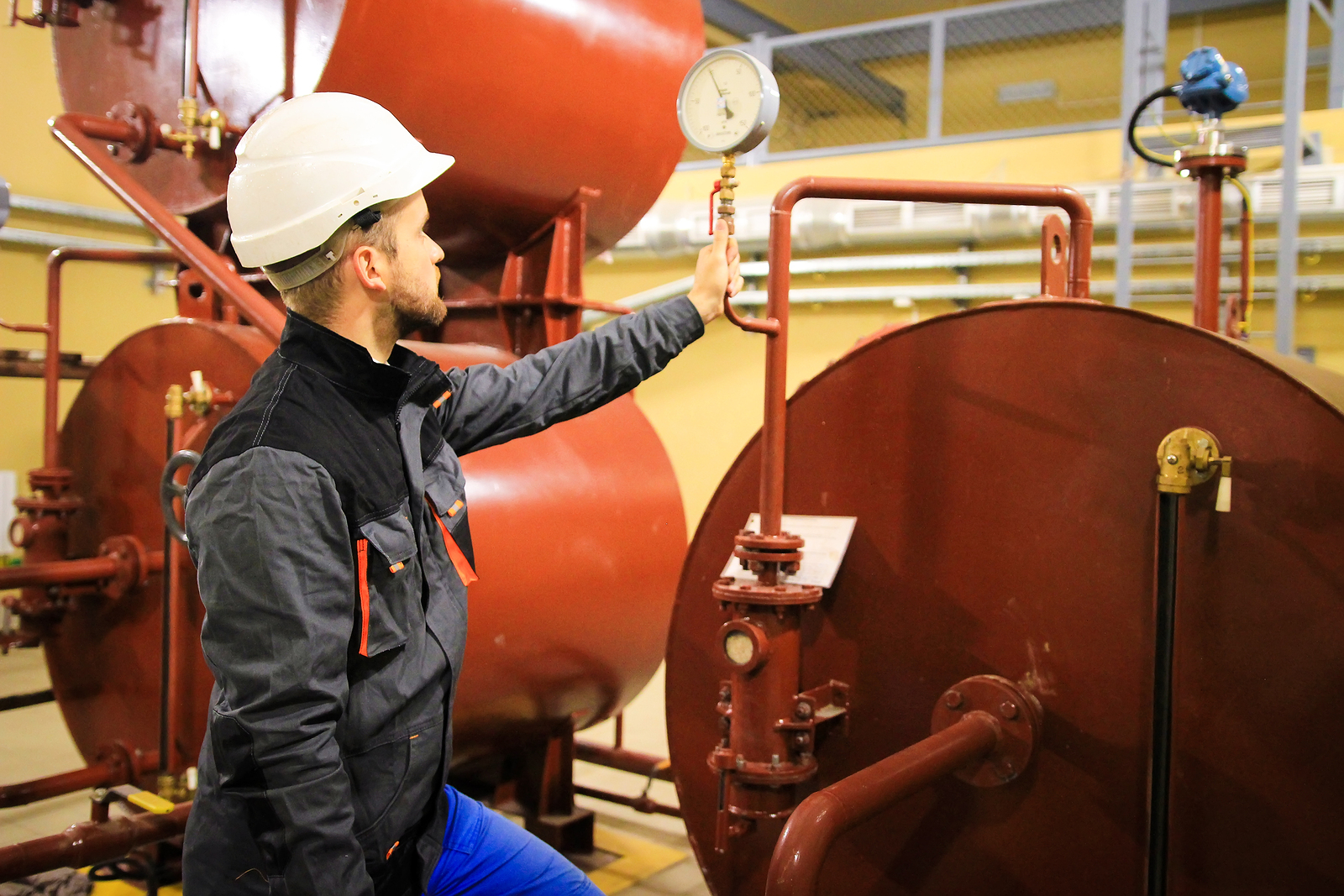
Always Hire An Experienced & Genuine Waste Disposal Company
When hiring a waste disposal company, it’s essential that you do due diligence and check their credentials for yourself to make sure that they’re experienced, professional and – above all else – actually genuine.
Why? Because experts have now said that the continued rise in large fly-tipping incidents around England is down to organised criminal gangs, fake companies that hire out buildings to dump waste, with parts of London and Manchester the hardest hit by this illegal waste removal crisis, the BBC reports.
It seems that the illegal dumping of waste by these fake companies has cost local authorities around the country nearly £60 million in costs since 2012.
The BBC Shared Data Unit found that in 2019, councils were hit with a £12.8 million bill to clear over 36,200 large tips – accounting for over a fifth of the total cost of clearing fly-tips. Large-scale fly-tipping, which is defined as lorry load size or bigger, has more than doubled in six years.
The National Farmers’ Union said the situation was spiralling out of control, explaining that criminals are now using tools to break into private land and tip huge quantities of waste, while companies try and rent land or buildings in order to dump waste.
They also seem to be going to great lengths to hide what they’re up to, going so far as to compact the waste into plastic wrapping before taking it to open land and building it into haystack shapes.
Some local authorities are now running their own initiatives to prevent fly-tipping from happening, such as landscaping in such a way as to block access to tipping hotspots. They’re also setting up web pages sharing images of local fly-tippers with the general public.
And it seems that they’re having some success, with two local authorities each issuing a fine of over £50,000 for the offence in 2018-2019.
Here at Re:Group, we provide waste oil and hazardous waste collection services to a range of industries, recovering and processing oil and other waste from businesses all over the UK, including MARPOL and garage waste. We’re also able to assist our customers with the disposal of waste in bulk, drummed and smaller packaged waste.
Our multipurpose transport fleet is fully equipped to comply with current legislation for the safe handling of waste. Our customers are also able to arrange for their own tanker-loads of waste to be accepted at our processing plant for recovery.
All our waste is handled in a safe and responsible manner, and with full regulatory and legislative compliance, and we can offer bespoke contractual service agreements with our long-term customers.
Looking for waste oil collection services right now? Get in touch with us today.









